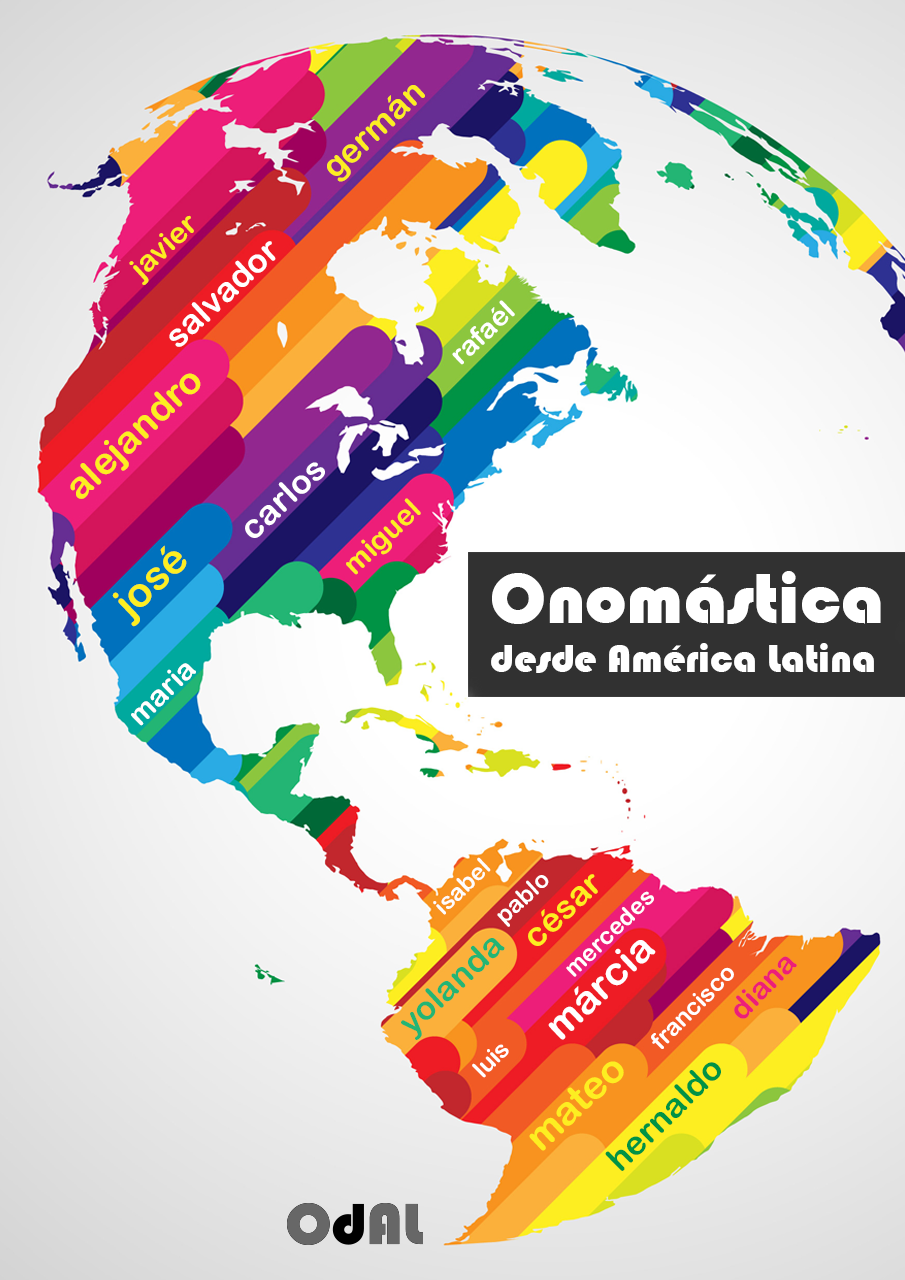Gender, and Religion: The Typology of Female Names in Sudan
DOI:
https://doi.org/10.48075/odal.v6i1.34702Palavras-chave:
Sudan, female names, typology, gender, religious namesResumo
This study aims to analyze the impact of Islam on the choice of female names in Sudan through a semantic analytical approach to explore female names associated with Islam from a cultural and religious perspective. The research’s motivation stems from the significant role that names play in identity formation and the transmission of cultural and religious values. Despite the extensive body of literature on Islamic naming traditions, little attention has been given to the specific case of Sudan. This study hopes to contribute in showing how Islam affects names in Sudanese society. To achieve this, female names associated with Islam were collected from various Sudanese regions to shed light on their types. As for the methodology, after collecting the names they were categorized under headings to show the Islamic sources from which they were taken. The study relied on the works in the theoretical framework about names in their cultural, social and religious contexts and those explore Islamic and Arabic onomastics. The findings reveal that many Sudanese female names are deeply rooted in Islamic heritage, reflecting moral and spiritual values that parents wish to instill in their children. Some names are intentionally chosen to affirm religious identity, reinforcing the connection between personal identity and the broader Islamic religious framework. This research contributes to the field by highlighting the impact of religion in naming practices. It reflects the importance of raising awareness about the socio-religious significance of names and recommends integrating these discussions into educational curricula. The study calls for initiatives that encourage parents to engage with Islamic heritage in naming their children while also considering the broader cultural and historical dimensions of Sudanese society and to promote a deeper understanding of the cultural and religious significance of names in shaping identity, social belonging, and conveying religious values.
Referências
Abd-el-Jawad, H. (1986). A linguistic and sociocultural study of personal names in Jordan. Anthropological linguistics, 28(1), 80-94.
Abu Hatab, W. (2021). Multicultural Aspects of Names and Naming in the Arab World. Names and Naming: Multicultural Aspects, 261-275.
Al-Ghazalli, M. F. (2010). A Semantic Analysis of Personal Names in English and Arabic. Al-Mustansiriyah Journal of Arts, (51), 1-18.
Al-Shahi, A. (1988). Some personal names and nicknames among the Riverain people of Northern Sudan. Journal of the Anthropological Society of Oxford, 19(2), 131-139.
Al-Zumor, A. W. Q. G. (2009). A socio-cultural and linguistic analysis of Yemeni Arabic personal names. GEMA: Online Journal of Language Studies, 9(2), 15-27.
Boyeldieu, P. (2019). Proper names and case markers in Sinyar (Chad/Sudan). STUF-Language Typology and Universals, 72(4), 467-503.
Houissa, A. (1991). Arabic personal names: their components and rendering in catalog entries. Cataloging & classification quarterly, 13(2), 3-22.
Mann, G. (2002). What's in an Alias? Family Names, Individual Histories, and Historical Method in the Western Sudan. History in Africa, 29, 309-320.
Notzon, B., & Nesom, G. (2005). The Arabic naming system. Science Editor, 28(1), 20-21.
Sharma, K. M. (1997). What's in a Name: Law, Religion, and Islamic Names. Denv. J. Int'l L. & Pol'y, 26, 151.
Tahat, A. (2019). Parents' attitudes toward the practice of personal naming: a mixed method comparative study between urban and rural societies in northern Jordan. E-Bangi, 16(8), 1-13.
Downloads
Publicado
Como Citar
Edição
Seção
Licença
Copyright (c) 2025 Omar Mohammad-Ameen Ahmad Hazaymeh

Este trabalho está licenciado sob uma licença Creative Commons Attribution-NonCommercial-ShareAlike 4.0 International License.
Aviso de Direito Autoral Creative Commons
Política para Periódicos de Acesso Livre
Autores que publicam nesta revista concordam com os seguintes termos:
1. Autores mantém os direitos autorais e concedem à revista o direito de primeira publicação, com o trabalho simultaneamente licenciado sob a Licença Creative Commons Attribution que permite o compartilhamento do trabalho com reconhecimento da autoria e publicação inicial nesta revista.
2. Autores têm autorização para assumir contratos adicionais separadamente, para distribuição não-exclusiva da versão do trabalho publicada nesta revista (ex.: publicar em repositório institucional ou como capítulo de livro), com reconhecimento de autoria e publicação inicial nesta revista.
3. Autores têm permissão e são estimulados a publicar e distribuir seu trabalho online (ex.: em repositórios institucionais ou na sua página pessoal) a qualquer ponto antes ou durante o processo editorial, já que isso pode gerar alterações produtivas, bem como aumentar o impacto e a citação do trabalho publicado (Veja O Efeito do Acesso Livre).
Licença Creative Commons
Esta obra está licenciada com uma Licença Creative Commons Atribuição-NãoComercial-CompartilhaIgual 4.0 Internacional, o que permite compartilhar, copiar, distribuir, exibir, reproduzir, a totalidade ou partes desde que não tenha objetivo comercial e sejam citados os autores e a fonte.

